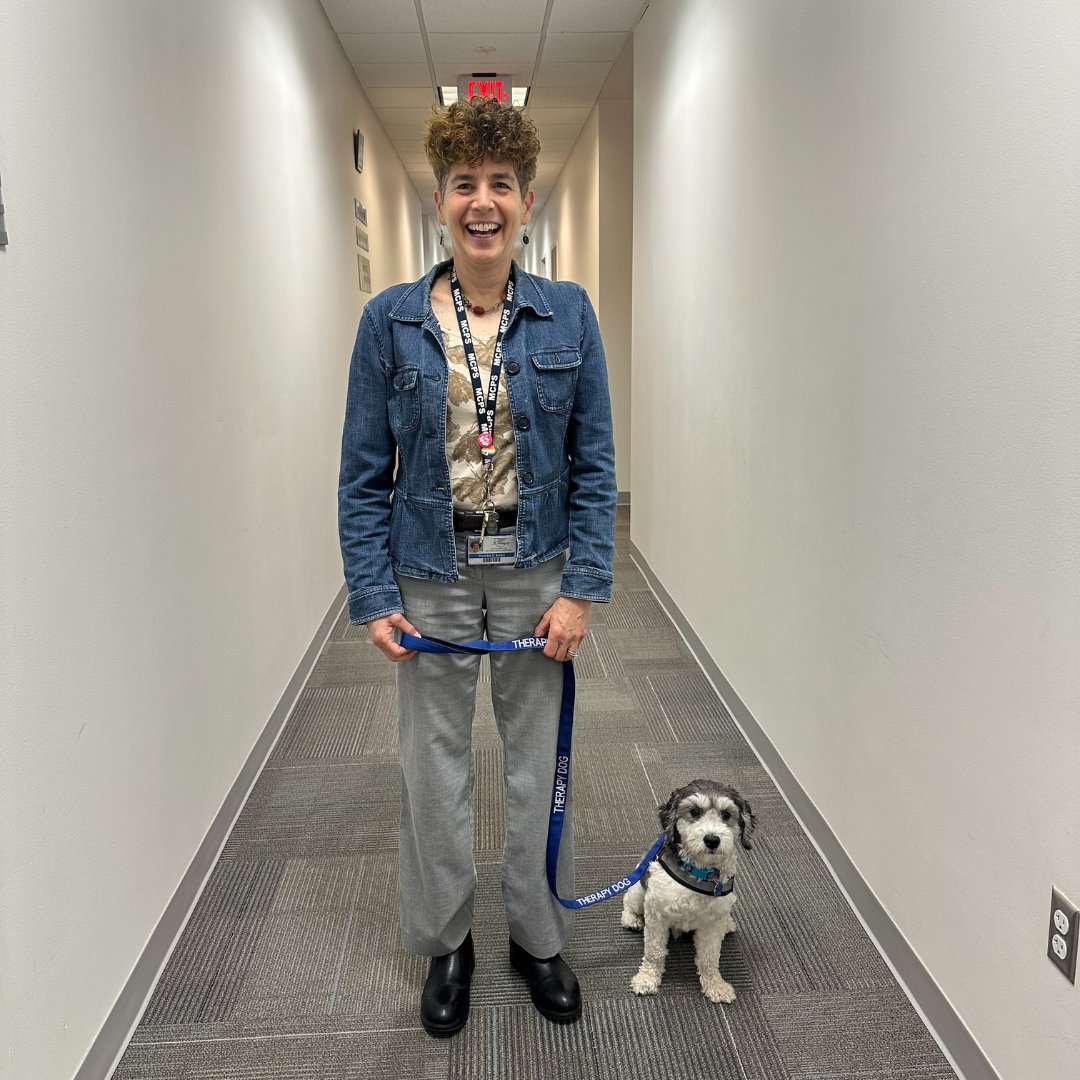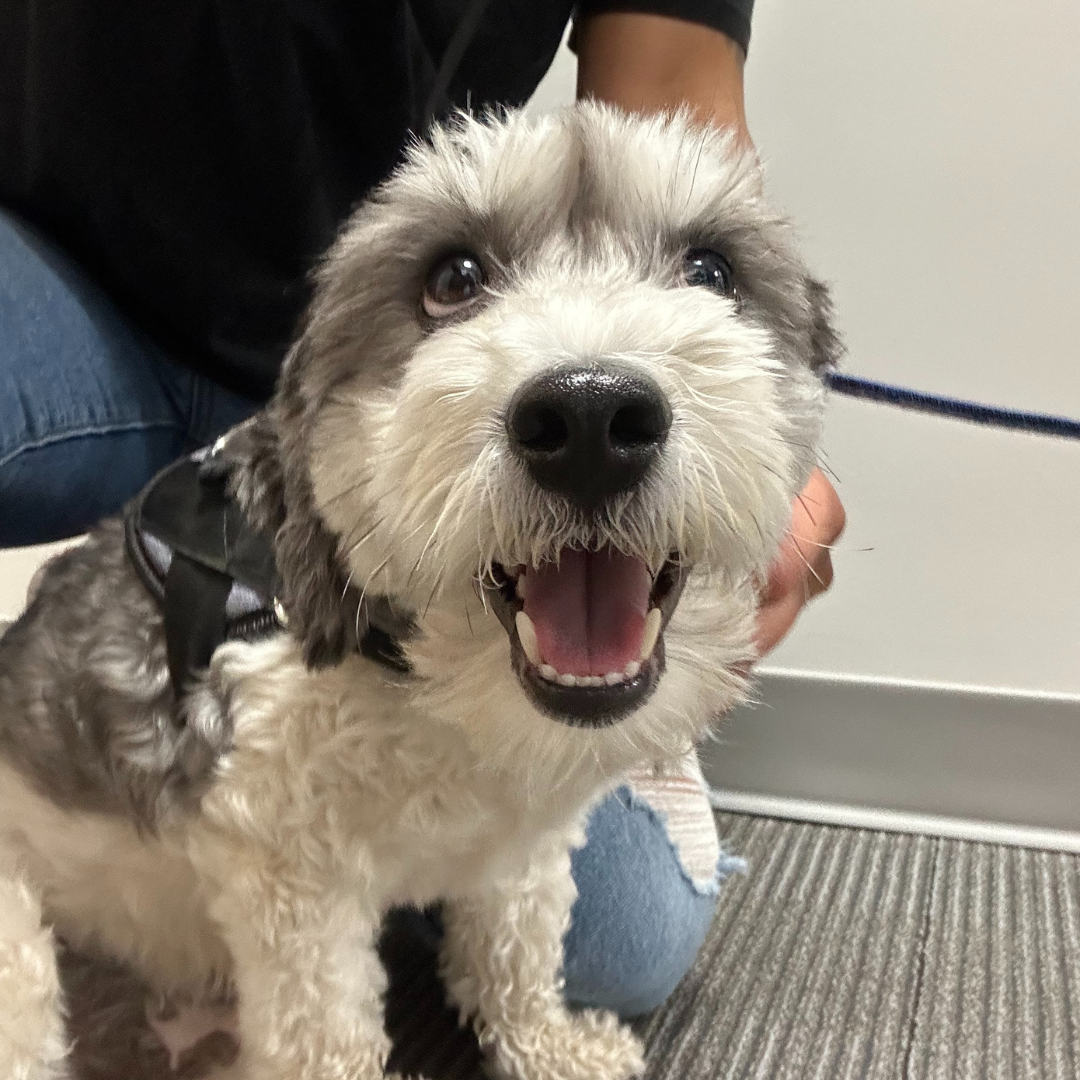Celebrating National School Psychology Week: Q&A with Harriet Kuhn

November 3-7 is National School Psychology Week. During this week, we recognize the school psychologists who support students' learning, health and well-being. To celebrate, we did a Q&A with a few school psychologists to learn more about their work and what makes this role so rewarding.
How long have you been with MCPS?
This is my 10th year in MCPS. I worked in DCPS for 26 years before coming to MCPS.
What inspired you to become a school psychologist? Is that what you wanted to be when you grew up?
I have always wanted to help people, especially children. When I was younger, I wanted to be a veterinarian because I love dogs.
What’s something surprising you’ve learned from working with students?
What has surprised me over the last several years is the impact that cell phones have had on children and how problems arise from the use of the phones in school. I am pleased that MCPS has just rolled out a policy for the 2025-26 school year that limits the phone use during the school day.
What’s a small thing students or teachers can do daily that makes a difference for mental wellness?
Teachers can do a 5 minute daily mental health check-in with students before starting the instructional lesson. It helps to center the children and lets them know that their teachers care.
What’s something you do that makes a difference for your mental health?
Family is important to me-I like spending time with family. I also like to exercise which includes stretching, walking or weightlifting to keep my mental health strong. I also like to garden.
What’s the most rewarding part about being a school psychologist?
The most rewarding part of being a school psychologist is that in addition to my regular duties, I get to work on extra projects that help students in schools. For example, I have been fortunate enough to work with MCPS to allow Therapy Dogs in the schools and have applied for grants to improve the life of students in my schools.

